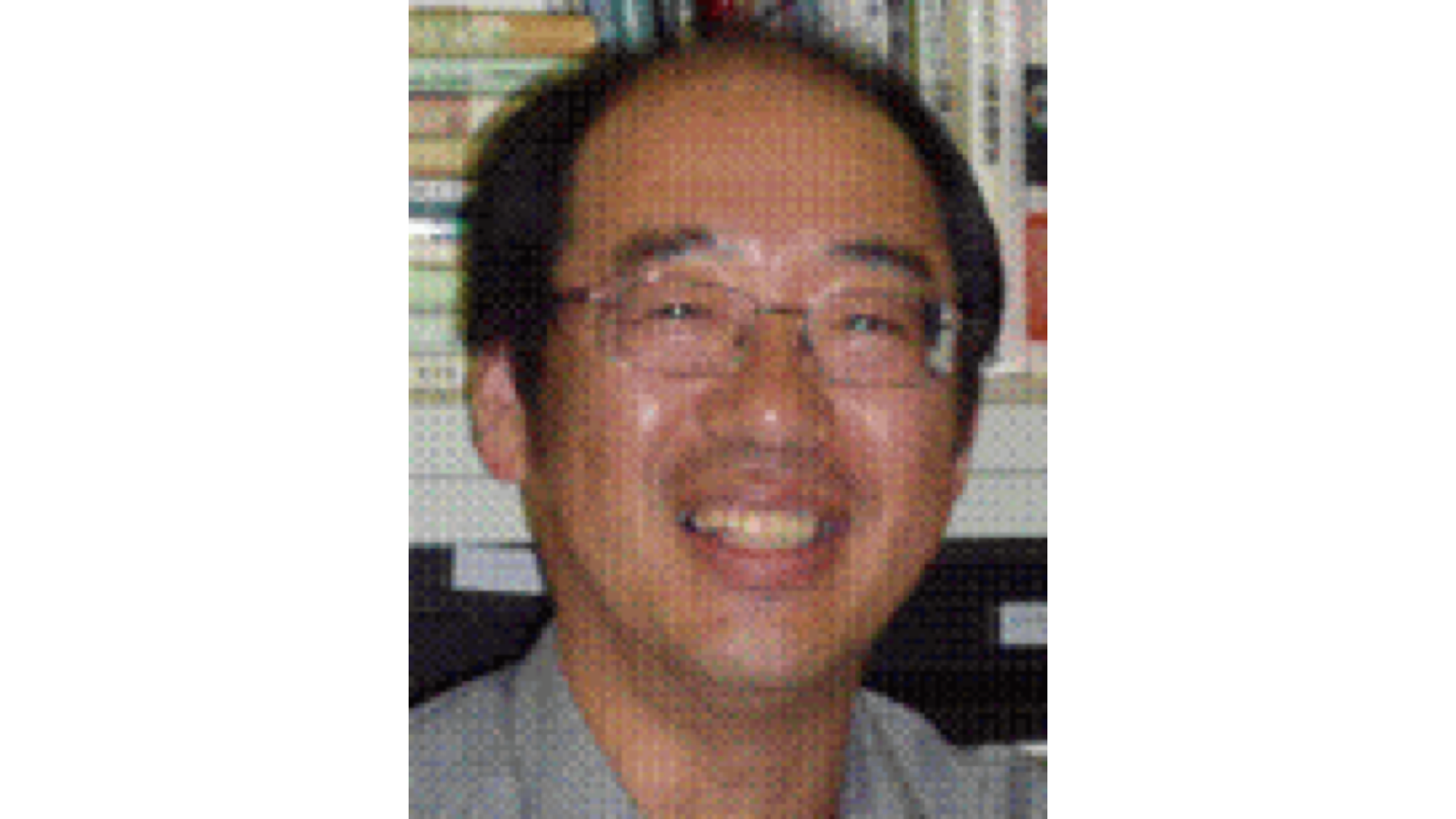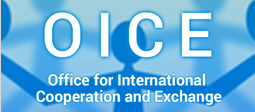
Lab. International Agro-Informatics
■Disciplines : Agro Informatics, Soil Environment metrology, Agricultural IT
TEL : +81 3 5841 1606
FAX : +81 3 5841 1606
E-mail
2010: Professor, Graduate School of Agricultural and Life Science, the University of Tokyo
2008: Professor, Interfaculty Initiative in Information Studies/Graduate School of Interdisciplinary Information Studies, the University of Tokyo
2005: Assistant Professor, Graduate School of Agricultural and Life Science, the University of Tokyo (International Agro Informatics Laboratory)
2004: Completed the duty below
2003: Engineering Official, Assistant to Councilor, Cabinet Office (Science and Technology Policy, Environment)
1999: Assistant Professor, Graduate School of Agricultural and Life Science / Faculty of Agriculture, the University of Tokyo (The Laboratory of Soil Physics and Soil Hydrology)
1995: Assistant Professor, Department of Sustainable Resource Science, Mie University (AgiriPhysics Laboratory)
1990: Visiting Assistant Professor, Agronomy Department, Purdue University (U.S.A.)
1990: Received Doctoral Degree of Agriculture
1984: Teaching Assistant, Agricultural Department, Mie University
1984: Dropping out of university
1984: Doctoral Course, Graduate School of Agriculture, the University of Tokyo
1982: M.S., the Graduate School of Agriculture, the University of Tokyo
1982: B.S., the Department of Agricultural Science, Faculty of Agriculture, the University of Tokyo
I have conducted research into soils, using mathematics and physics as the basis. Perhaps it is because I was born into a farming family, but I have been unable to leave the soil. From the time I was a graduate school student, I have regarded soils as an ideal madreporite, and have been involved in experiments and analysis of the movement of substances and heat within soils, particularly frozen soil. That was grown into my experience to conduct the surveys of the permafrost soil of Siberia. Recently, I have returned to my original inspiration and have been reexamining the marvel of the living thing that is soil, and the relationship between soil and the environment.
I have experienced the difference in research systems in Japan and the United States. Keenly feeling the need to create a new Japanese research system, I have been devoting my efforts to that end every day. Observing global trends since the terrorist attacks of September 11, I have realized that the American type is not necessarily the best, and continue seeking the ideal approach for Japanese research.
Perhaps a pattern in my activities was detected, as I received the opportunity to learn about the behavior of bureaucrats at the Council for Science and Technology Policy in the Cabinet Office for two years, starting in 2003. That enabled me to experience another culture different from that of the university, and my inquiry into the nature of research grew stronger.
Another issue is the contamination of farmland in connection with the March 11 Tohoku disaster and nuclear accident. The sustainable management of agricultural land is required to secure a safe food supply. I believe it is truly important to create agricultural technology by combining the traditional low-tech techniques indigenous to an area with up-to-date information technology.
- Farmland environmental monitoring using field monitoring systems
Information on farmland soil, including images, is automatically collected and analyzed by placing meteorological and soil sensors in the earth throughout the world. This is part of the effort to create a system that enables the provision of safe food to the home.
- Developing technology to decontaminate farmland contaminated by nuclear material
I am working to develop real technology and on-site demonstration experiment to restore farmland contaminated by nuclear materials by combining the capabilities of agricultural engineering, thought to be the technologies of the past.
- The climatic changes in Asia monsoon areas and an evaluation of their impact on agriculture.
The forecasts for the Asian monsoon climate in the future are becoming more reliable, and I am creating an information base that can be used to formulate measures for a response to and amelioration of the predicted climates.





